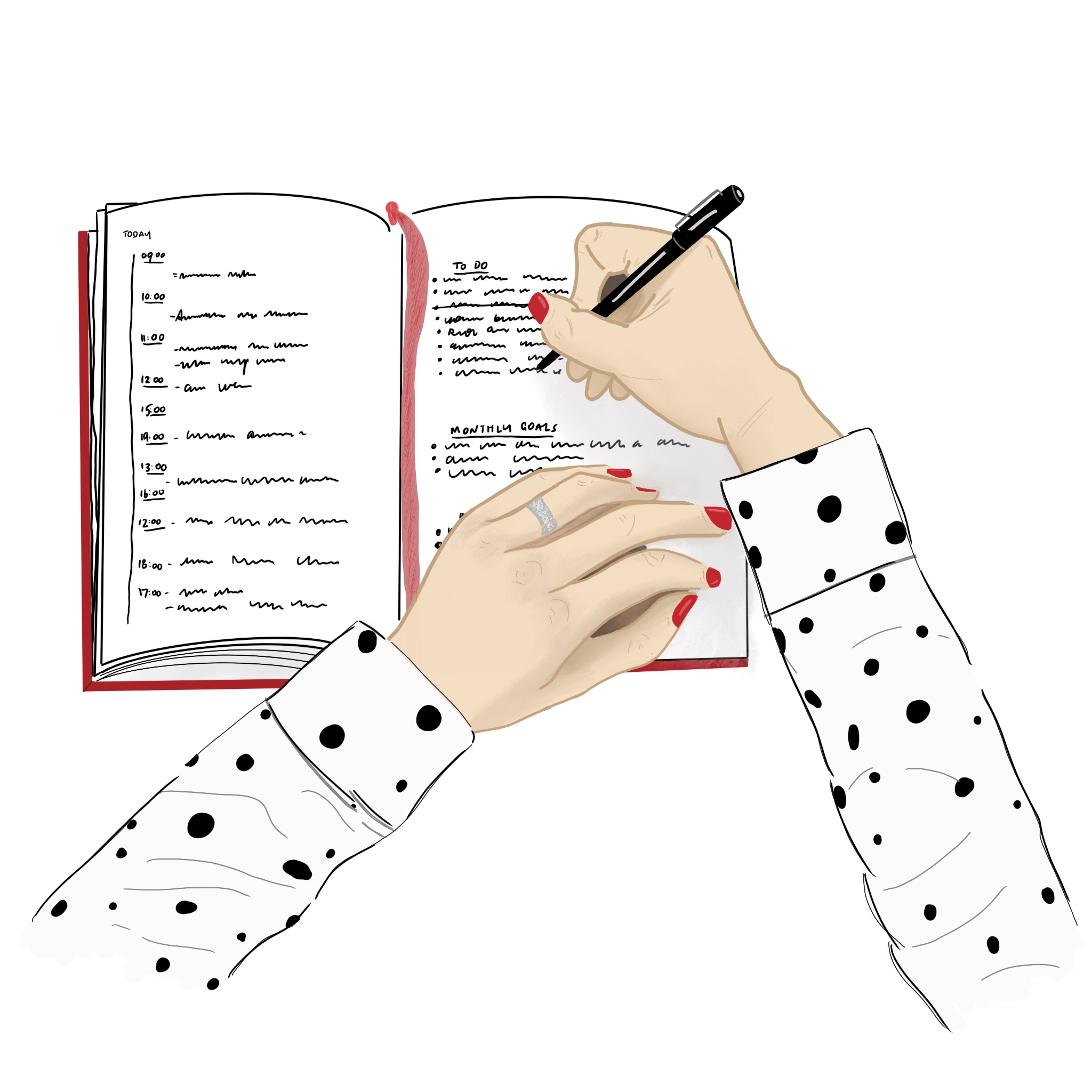Last week, so many of us joined the Black Lives Matter movement—donating, demonstrating, petitioning, amplifying Black voices, and other worthy actions.
Now, the work continues.
Today I want to share a little behind the scenes peek into my world as a screenwriter, the reality of diversity & inclusion in film/TV, and how it relates to inclusivity in small business.
Trudi LeBron, a business coach for activists, shared a powerful quote on her Instagram the other day:
“STOP rushing into allyship, and listen. Get the help, expand your understanding and skills, and proceed under the guidance of qualified people who can help you sort through all of this.”
When I first started my screenwriting career five years ago, I was 100% the person who was “rushing into allyship.”
In fact, the sole reason I wanted to become a screenwriter was to get more diversity on-screen. I wanted movies and television to showcase wide representation of POC and other marginalized groups. My intention was there, but at the time I knew very little about the system I was attempting to dismantle.
I ventured out with my uneducated self, writing scripts that on the surface seemed “diverse.” But really? My efforts were just optics. I didn’t take into consideration the underlying systemic issues, the internal biases, the bigger picture. It was the equivalent of suddenly slapping a bunch of stock photos featuring Black people or non-Black POC on ads or marketing without digging into the deeper work and education first. All illusion, zero substance.
As a screenwriter, I have a tiny fraction of power in the industry. I mostly get to create the world, the characters and the dialogue you see on-screen. That changes quite a bit throughout the development process as more people with more power weigh-in on what they want to see—and those people have the ultimate power to say “yes” or “no.” This is why my goal is to become a producer someday.
As a writer, it’s not enough to just have a script that features “diverse characters”—we need to examine and deeply understand true representation, biases and tropes. For example, writing a Black character as the “funny best friend” who helps the lead (white) character find love & happiness. Or the trope of Black characters playing criminals. Or only creating stories featuring Black characters in pain vs. experiencing joy.
Side note: my friend Shenee Howard creates stories for the people who usually act as co-stars in other stories—fat friends, token minorities, and everyone else who never gets to see a happy ending in pop culture. You can support her work and buy her a coffee HERE!
Writers and filmmakers (myself included) have to understand all of the biases, the tropes, and the (mis)representation FIRST. This is why rushing into allyship doesn’t work.
Once I write a script, one that’s inclusive (and go several rounds with whatever producers/studio/network are involved to fight for this inclusivity), now comes pre-production—which means: casting. Yet another layer of privilege and systemic mess.
You may have a script that features all kinds of diverse characters, but that doesn’t mean you’re going to be able to find actors to play those characters. Union projects need to use union actors, and there are also location limitations depending on the project (meaning: you may need to use only union actors who live in the town where the production is filming. You can’t just put a wide call out to the world to find talented actors.)
These actors come through casting directors, who get recommendations from talent agents and managers. That means that talent agents, managers, and casting directors need to do the work to have a diverse roster of actors. Unfortunately, this doesn’t always happen, and with very tight timelines and even tighter budgets, it can mean that your once-diverse project now isn’t because “we couldn’t find an actor to fit that description.”
One thing I’ve been committed to for the past few years is speaking up when this happens and demanding and pushing that they find the actors. However, being one small fraction/voice of a much larger production, I raise my hand—and admittedly don’t always raise it high enough—or raise it again and again. This is something I’m committed to doing moving forward.
And then, even when you do get the cast you want, the work still continues.
If you’re going to bring POC and other marginalized groups to a film set, that set needs to be inclusive. Many times it’s not. We witnessed this play out last week when a Glee co-star called out lead actress Lea Michele for her behavior (and many others followed, echoing this same behavior from Lea.) This is not an isolated incident. It also plays out in micro ways, such as makeup artists who don’t have various shades of foundation for different skin tones, or the on-set hairstylist who doesn’t know how to do Black hair. Actress Zendaya has echoed this in her statements about doing her own makeup on-set and for red carpets for years.
As you can see, this is a much bigger systemic issue. I don’t have all the answers, and five years later—still have much to learn and much work to do.
The point is: we can make incremental and meaningful change in our respective industries while learning—but rushing into allyship isn’t the way. As Trudi says: “There is no “blueprint” for getting it exactly right. In fact, the idea of getting it perfectly right is inherently rooted in capitalism and whiteness. Your desire to get it perfect, and want a roadmap is connected to the desire to be fast, efficient, and profitable.”
My personal goal moving ahead is to take intentional, thoughtful action vs. rushed reactivity.
That looks like:
: Continuing to get educated on anti-racism work to discover ways to dismantle the system, and taking intentional action.
: Being willing to mess up and feel grateful, not defensive, when I do.
: Attending the Town Hall on Reimagining Small Business hosted by Rachel Rodgers. The event happens tomorrow, is no-cost, and it’s all about going beyond the optics and continually build an anti-racist business.
: Speaking up, and then speaking up again, when I see injustice. Raising my hand higher and higher. Not being afraid to have difficult conversations.
: Amplifying and supporting the work of Black creators and artists, as well as other marginalized communities.
: Taking in more diverse viewpoints through art, like these 20 YA books by Black authors (dying to read Cinderella is Dead!)
: Donate 50% of the proceeds from my upcoming Content Creation Mastermind (more info coming soon) to a handful of social justice organizations including: the Loveland Foundation, the NAACP Legal Defense Fund and Color of Change.
I hope this note helped illuminate just one system that needs massive change. I’m certain that whatever professional industry you’re in needs change in its own unique way, too.
Sending you buckets of love.
❤️

